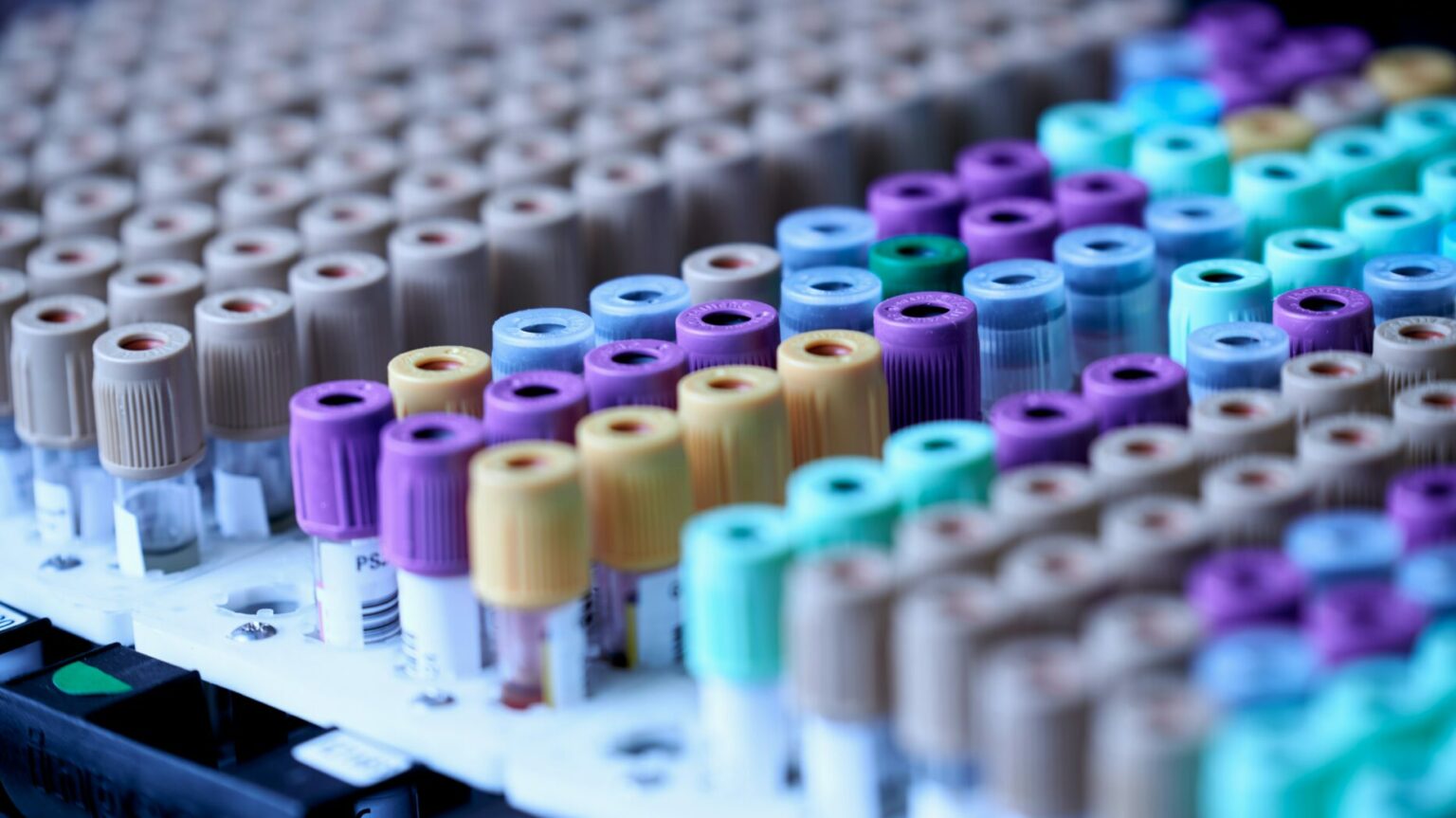The number of new HIV diagnoses is rising in England
According to the UK Health Security Agency, the number of new people being diagnosed with HIV in England had risen by 15%
By Alim Kheraj

The number of people being diagnosed with HIV is rising, according to new figures released today (1 October) by the UK Health Security Agency (UKHSA).
According to the organisation’s annual HIV surveillance data, the number of new HIV cases first made in England rose by up to 15% between 2022 and 2023.
The data, which focuses specifically on England and excludes those previously diagnosed abroad, highlighted that the number of new diagnoses is increasing among gay, bisexual and other men who have sex with men, as well as heterosexual men and women.
“We’re not on track for the Government’s 2030 goal of ending new HIV cases in the UK” – Richard Angell, Terrence Higgins Trust
Individuals from ethnic minorities are being disproportionately affected, with new cases of HIV rising fastest among these groups.
Meanwhile, 40% of all new cases of HIV in 2023 were diagnosed at a late stage. This was particularly true for people aged 50, men who were exposed through sex with women and among those from ethnic minorities.
Black people are also disproportionately being diagnosed with HIV at a late stage, with a 40% increase from 2022.
It’s the same for those outside of London. While the number of new cases among heterosexual men increased by 9% in the capital, that figure was 51% for those outside of London.
However, the UKHSA noted that the number of individuals accessing PrEP, a drug that helps prevent the transmission of HIV, had actually risen, with gay, bisexual and other men who have sex with men more likely to begin or continue taking PrEP compared to heterosexual men or heterosexual women.
Similarly, the has been a rise in the number of people getting tested for HIV, although the figures are still lower than they were before the Covid-19 pandemic, with gay and bisexual men more likely to get tested than heterosexual men.
“Today’s figures are a call-to-action” – Richard Angell
In a press release, Terrence Higgins Trust, the UK’s leading HIV and sexual health charity, noted that while the UKHSA data suggested that there was an overall increase in HIV diagnoses in England of 51%, over half of these were previously diagnosed abroad.
“Many of the new diagnoses in this dataset are people first accessing care in the UK with a known diagnosis, who are already on medication and are virally suppressed,” said Kate Nambiar, medical director at Terrence Higgins Trust.
“It’s important people don’t get the wrong impression about what that means for our healthcare system – those who are virally suppressed when they arrive in England cannot pass on HIV to sexual partners. The way we discuss and label data hugely shapes how people understand it, and it’s important UKHSA look again at how this data is described to be as clear as possible, so the public understand where resources need to be directed.”
In a statement, Richard Angell, chief executive at Terrence Higgins Trust, said: “As Health Secretary Wes Streeting said last week, we’re not on track for the Government’s 2030 goal of ending new HIV cases in the UK, but that doesn’t mean it can’t be done.
“Today’s new figures show people from ethnic minorities face an increasing burden of HIV, with rising diagnoses and worse health outcomes than the population as a whole. Recent strong progress among gay, bisexual and other men who have sex with men seems to have stalled. And almost across the board, the picture is worse for those living outside of London, where resources are most limited.
“Today’s figures are a call-to-action: we need innovation and new resources to address these health inequalities and reach the 2030 goal. Time is of the essence.”
